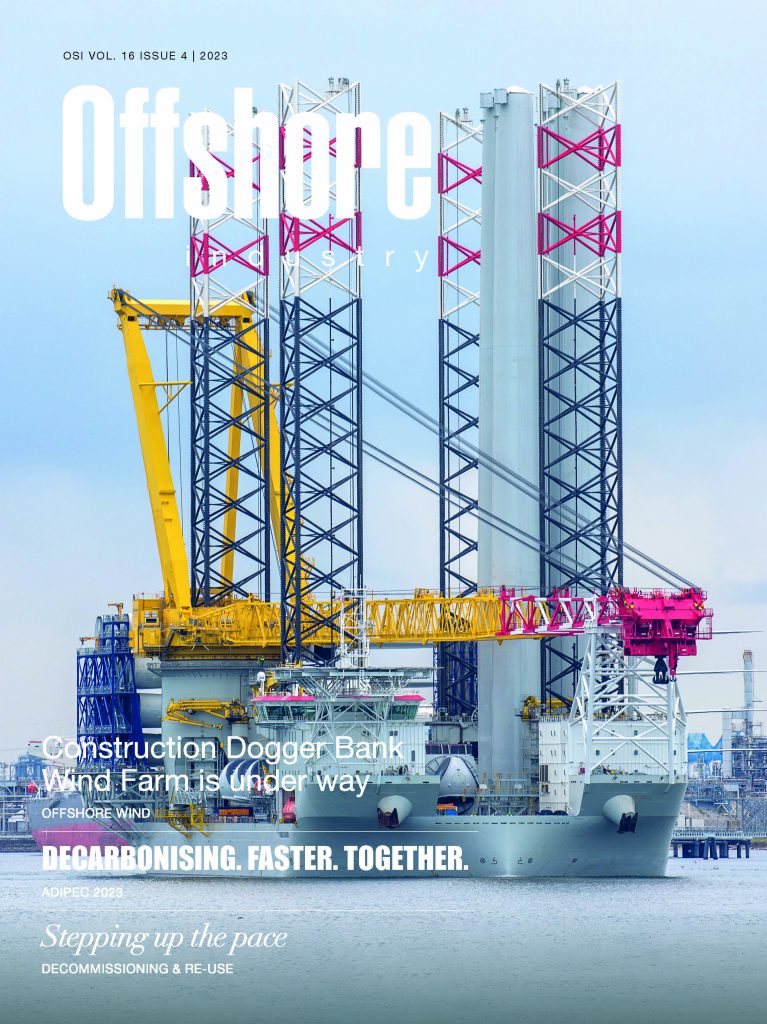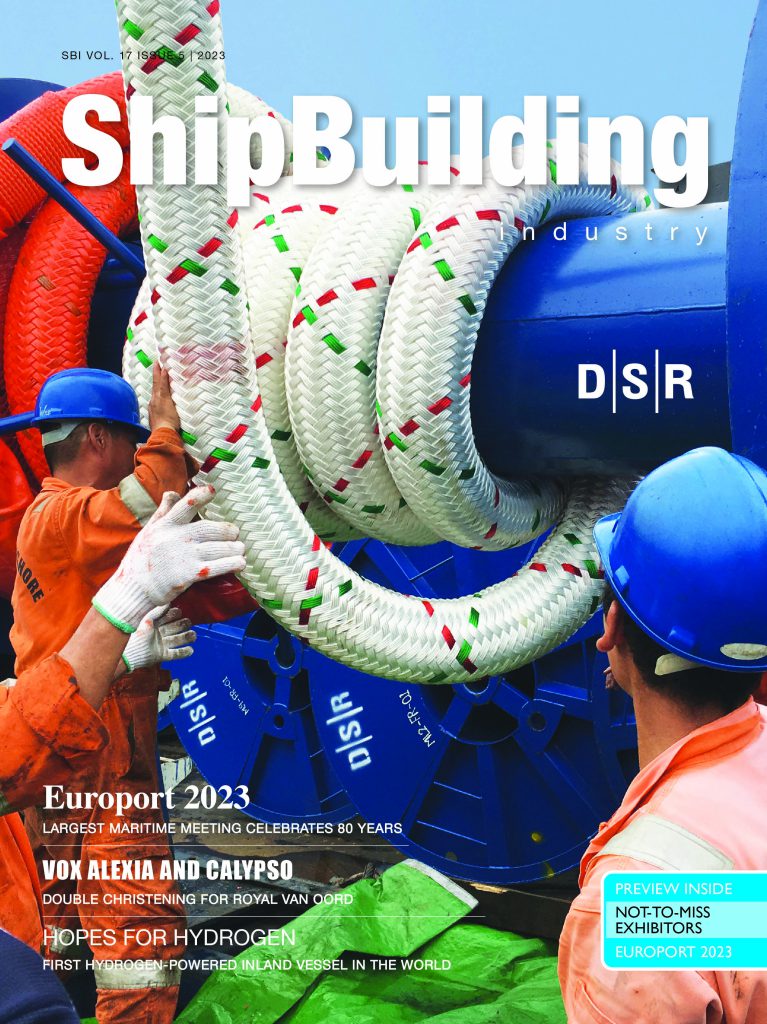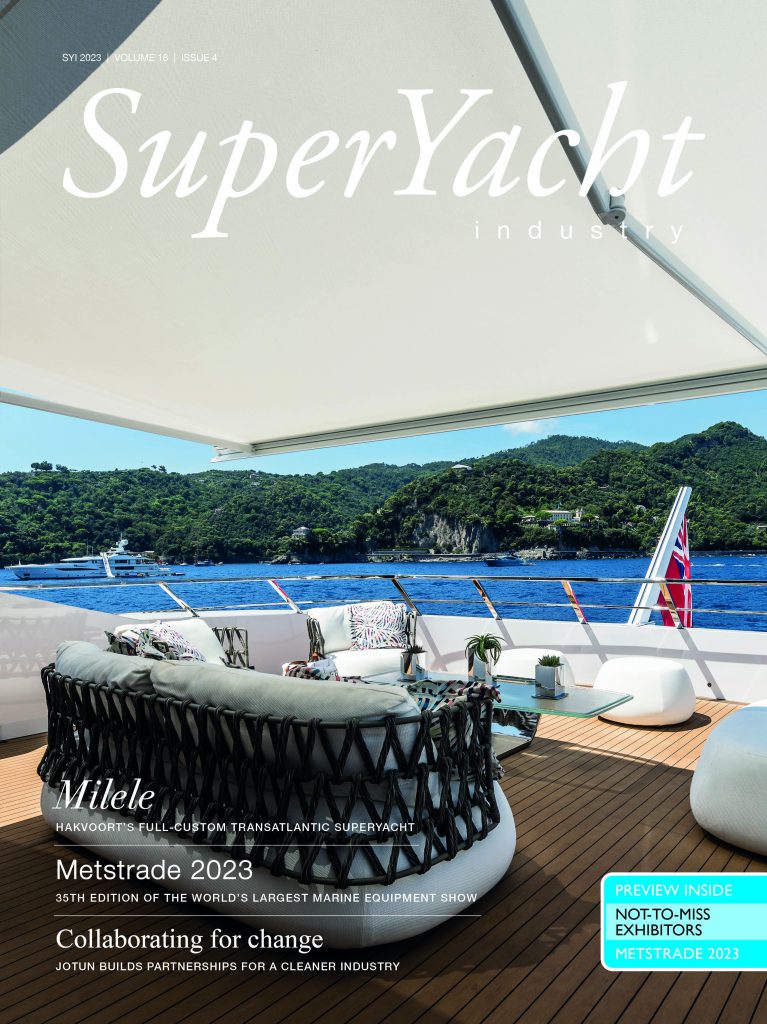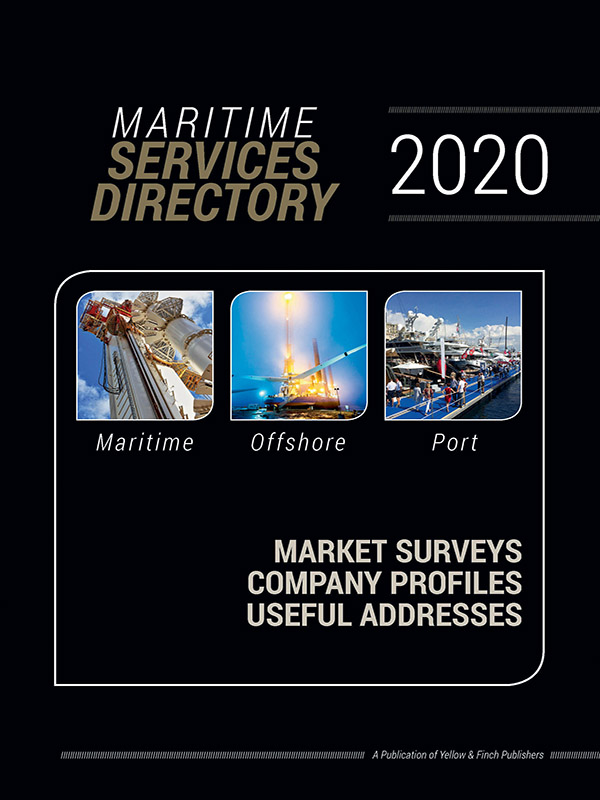Fuel Cell Systems
 GL released a market study for fuel cell systems on seagoing vessels. GL experts examined the technical possibilities, the currently available technology, integration concepts and the legal background. Their first identified markets for fuel cell application are cruise vessels, RoPax vessels and mega yachts.
GL released a market study for fuel cell systems on seagoing vessels. GL experts examined the technical possibilities, the currently available technology, integration concepts and the legal background. Their first identified markets for fuel cell application are cruise vessels, RoPax vessels and mega yachts.
The target prices for fuel cell systems have been analysed as well as the market size onboard seagoing vessels. GL explains that for the study, approximately 53% of the world merchant fleet have been analysed. The study also shows that five years after the finalisation of the development of first systems for commercial shipping, fuel cell systems can be competitive in comparison with traditional diesel engines from an economic point of view – even if the prices for fuel cell systems will be higher at this time.
Dr Gerd-Michael Würsig, GL’s expert for fuel cell technology and one of the authors of the study says: “Today, still some technical challenges have to be overcome. But current and ongoing projects already demonstrate the suitability of fuel cells systems for power generation on board of ships.” GL explains that apart from the high efficiency of the fuel cell system of more than 50%, the very low or no emissions (depending on the fuel type) are a significant argument for the use of fuel cell systems. Furthermore, the modular design and the negligible noises and vibrations give the fuel cell system a big advantage compared to traditional power generation on board of ships.
GL has been involved in developing ships, storage and transfer facilities for hydrogen. It has developed its own guidelines for the use of fuel cells in watercraft. These not only cover fuel cells and fuel systems but also standards for the materials used, ventilation systems, fire-fighting equipment, explosion protection and other safety systems. They also give guidance on testing the fuel cell system.






